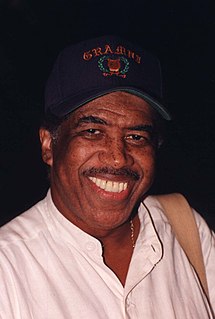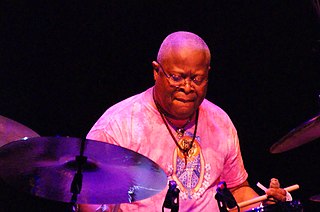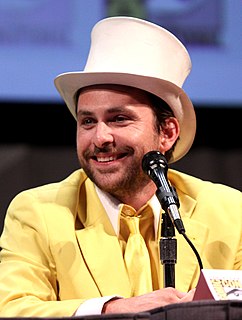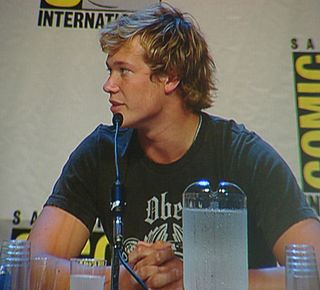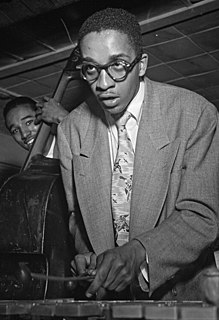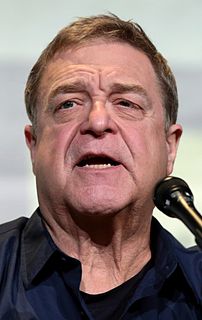A Quote by Jherek Bischoff
Of course, right away I got more interested in the far-out jazz than the traditional jazz, so I quickly was turned onto the John Zorn scene and all the wild stuff coming out of New York and Europe. Improvising is a pretty natural thing for me.
Related Quotes
In New York, I was excited about the music in New York because the only music that I was more or less involved with in the South was either country and western or hillbilly music as we used to call it when I was a kid and, ah, gospel. There was no, there was no in between. And when I got to New York all the other musics that's in the world just came into my head whether it was the classics, jazz, I never knew what jazz was about all, had heard anything about jazz.
I have always loved jazz music and as a teen growing up in New York City and then later on as an adult have great memories of the jazz clubs that were all located on 52nd Street. I still catch as many jazz shows as I can when I am in New York. And when I perform, I have my jazz quartet by my side. Jazz musicians keep things spontaneous and very "live," which is the way I like to perform.
A respectable-sized audience hasn't really been able to follow developments in jazz since the free jazz movement in the '60s. Some of them can't even get with John Coltrane. Audiences are diminishing more and more rapidly. Some of the top young musicians with something new to say can't get record companies to put out their stuff.
Truth of the matter is, jazz is American music. And that doesn't mean bebop. Jazz is really about improvising. All the music that's been created in America has been pretty much improvised... Whether it's hillbilly or rock n' roll for blues, it's basically jazz music... It's basically about another way of hearing what comes out of America.
I love jazz. So to me, there are two main types of jazz. There's dancing jazz, and then there's listening jazz. Listening jazz is like Thelonius Monk or John Coltrane, where it's a listening experience. So that's what I like; I like to make stuff that you listen to. It's not really meant to get you up; it's meant to get your mind focused. That's why you sit and listen to jazz. You dance to big band or whatever, but for the most part, you sit and listen to jazz. I think it comes from that aesthetic, trying to take that jazz listening experience and put it on hip-hop.
I visited New York in '63, intending to move there, but I noticed that what I valued about jazz was being discarded. I ran into `out-to-lunch' free jazz, and the notion that groove was old-fashioned. All around the United States, I could see jazz becoming linear, a horn-player's world. It made me realize that we were not jazz musicians; we were territory musicians in love with all forms of African-American music. All of the musicians I loved were territory musicians, deeply into blues and gospel as well as jazz.
The people in Japan love jazz music, man, and also in Europe, far more than they ever did here. And that always puzzled me until I went over there to really get into it for myself and find out what it is. It's their tradition and culture, man. We've gotten away from that in America, man. We live in a country of complete fantasy.



